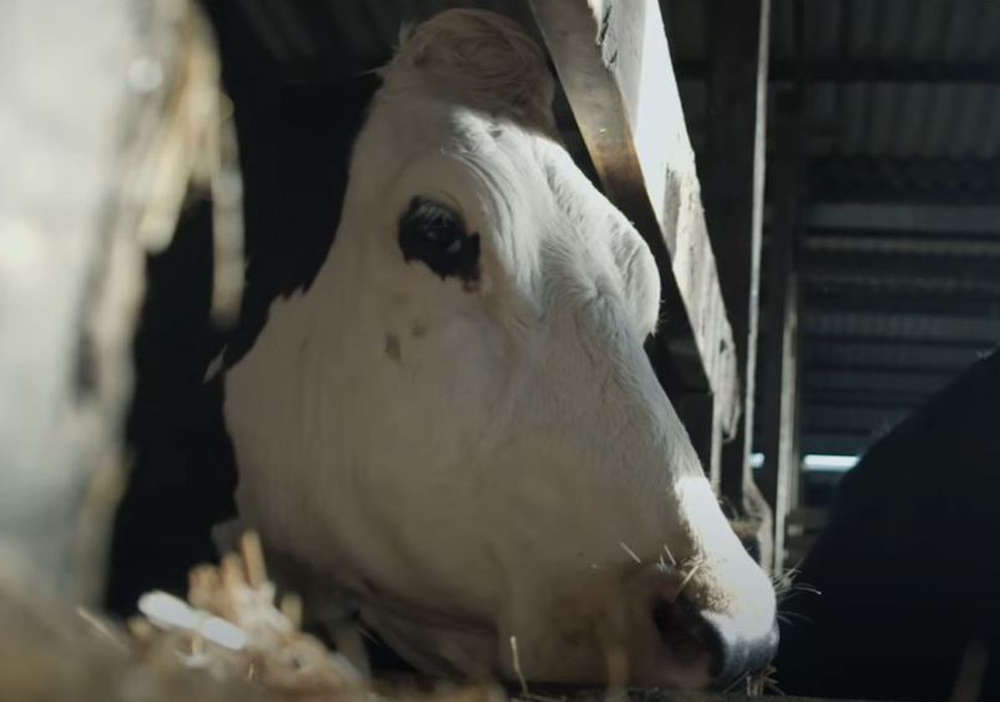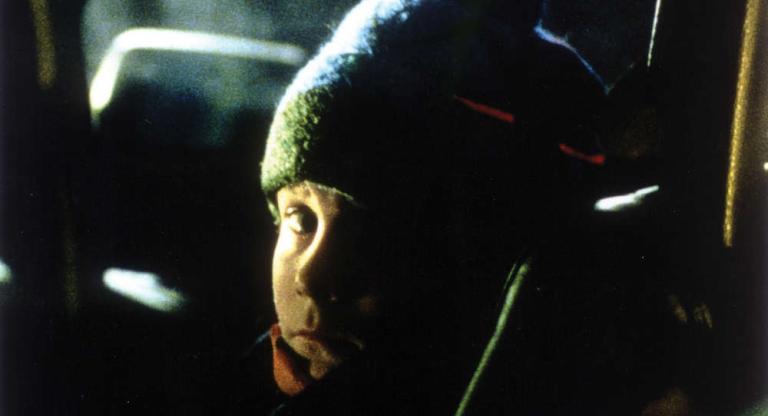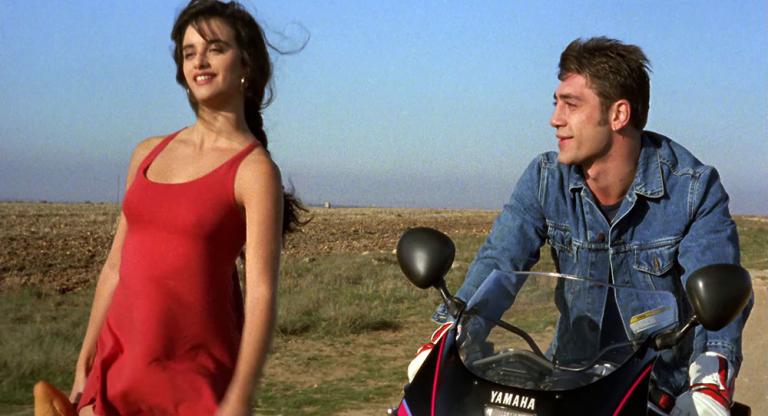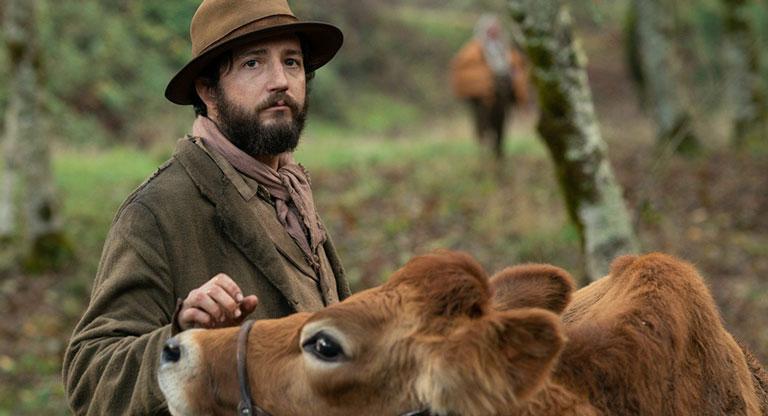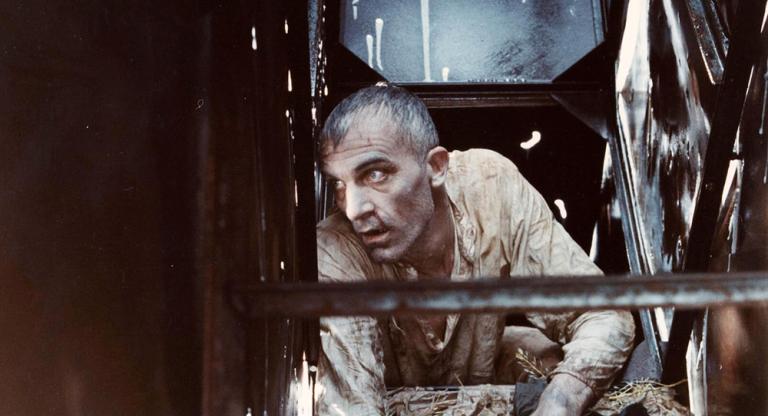Andrea Arnold’s Cow (2021) prompts a hundred questions: What’s the lifespan of a dairy cow? Are they smarter than a human baby? Or a raccoon? Why would farmers put a sizzling metal rod to a calf’s forehead? How long would they survive in the wild? What’s that machine called? Why do farmers let the placenta dangle out of its vagina like a second tail long after a calf’s birth? How much milk do they produce a day? How common is female-on-female mounting? Is the bottle-fed calf given its mother’s milk? Can it know the difference? How much methane does each one produce? For answers you’ll have to consult Google, because Arnold’s documentary strives to capture its subject on its own terms. Ultimately, the gulf between species is impassable, but the attempt proves infinitely valuable as it asks the earth’s rampaging stewards to examine our sense of dominion. In addition to the questions above, Cow inspires tenfold more concerning human beings, despite their scant presence in the film.
Arnold spent years on a farm in Kent following a dairy cow through the cycle of mating, birthing and milking, until the animal reached the end of her usefulness to the farmers and consumers whose appetites structure her entire existence. The resulting film corrects the sanitized nostalgia for farm life most of us know to be false despite its prominent real estate in the collective imagination. These aren’t the “happy cows” of Big Dairy PR, or the spirited, sentimental mamas of Disney cartoons. These are instead the thousand-pound results of a millennia-spanning science experiment whose hulking frames are always secreting some sort of thick fluid. There is a fugitive spark in their big empty eyes that Arnold is after, and she locates it fleetingly during the half-dozen extended closeups she gives her subject. As we observe the cow’s behavior with little narrative interruption, we can’t help but project our own emotional register when her calves are removed from her pen shortly after birth, or when she’s hooked up to the four-pronged milking apparatus yet again. We can’t know what it’s like to be a cow any more than we can know what it’s like to be a desk, but we do know that the former is alive and shares 80% of our DNA. We instinctively believe this matters, even if we struggle to qualify the connection.
With her unblinking gaze, Arnold advocates respect for creatures condemned to lifelong subjugation in service of our protein-rich diets, but to her credit she doesn’t insist on the sanctity of the humble dairy cow like so many children’s storybooks or vegan agitprop. The film declines to pontificate on whether or not we ought to drink milk, or what regulations we ought to impose on the industry. Instead she provides an honest account of the life of a fellow mammal, and invites us to re-examine our conceptions of these complex beings, who lack intellect but evince glimmers of recognizable emotion.
Cow screens at IFC Center and BAM through April 14.
